Abstract Product Framework
An Abstract Product Framework is a solution to quickly provide a User Interface, Rules Engine, and Rating Engine for any complex product. This idea stemmed from driving rating and rules engines from cloud hosted business tables, where product owners can define a product without the need for developers to implement the business logic. This abstraction was taken a step further when the user interface for a product could be generated on the fly using open source products such as Formly.
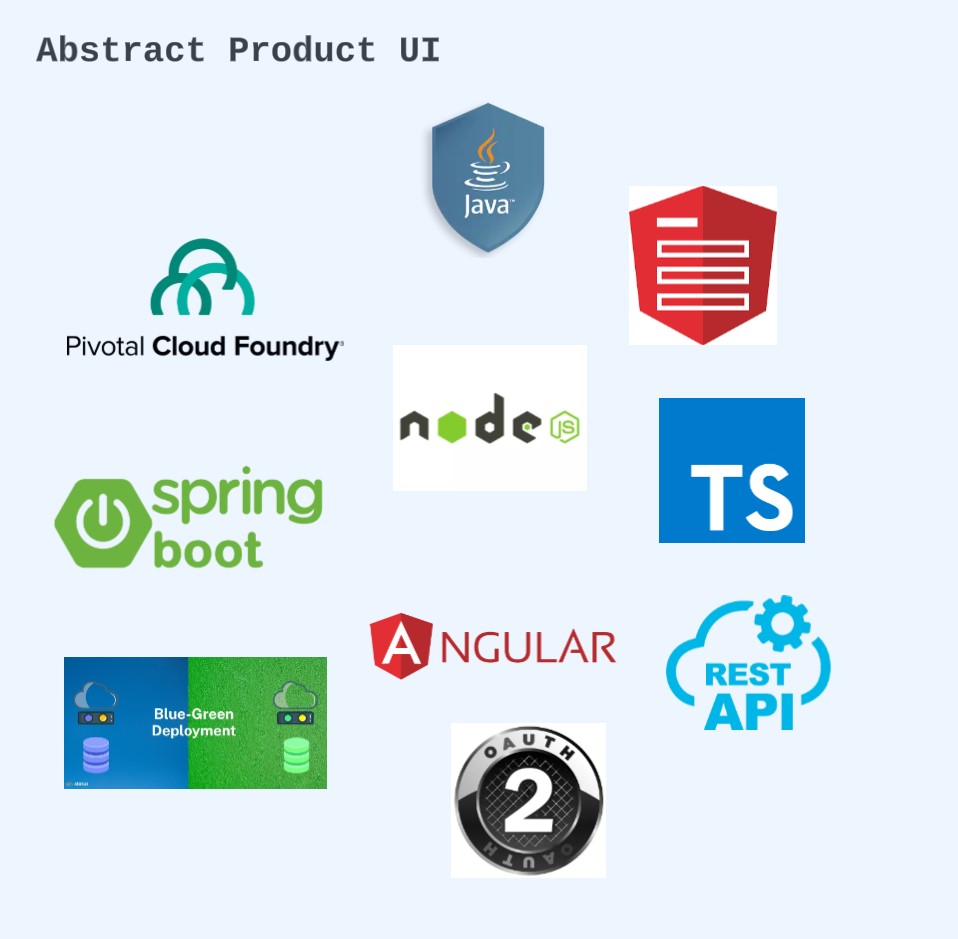
Abstract Product Framework - User Interface - 2020-2022
- Implemented a Java Spring Boot Service hosted in PCF exposing REST API Endpoints for the nested NodeJS application to dynamically screen structuring product rules and premium results
- Architected TypeScript class design to use Formly JSON results to render the user interface on the fly regardless of product type, product definition, or premium results
- Segmented microservice architecture allows for the Product Agnostic Framework Micro UI to be loaded into any parent product requiring adaptation of complex product with iterative development over two years with CI/CD Practices utilizing tools such as GitHub, Bamboo, and JIRA
Abstract Product Framework - Data Capture Service - 2021
- Implemented a Java Spring Boot Service hosted in PCF the generates business rules to be applied to a product definition based upon Product Owner/Underwriter product definitions, allowing a product definition to be iteratively updated without developer intervention
- Microservice patterns adapt a single MySQL database to store a defined product after any application calls a products REST API, and returns an updated product definition JSON with use case specific product details
- Technical Lead Role responsible for coordinating with other Technical Leads in our scaled agile framework for iterative design and responsible scaling capabilities
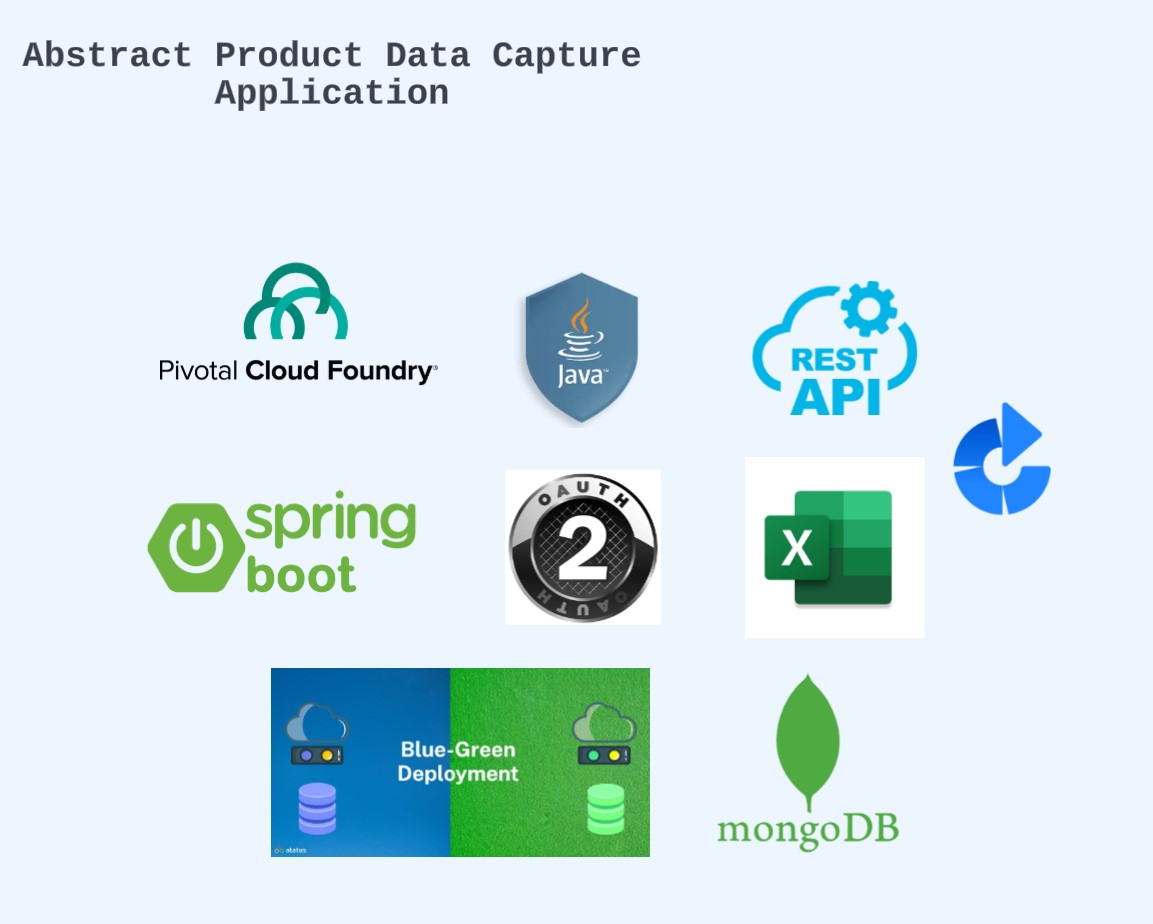
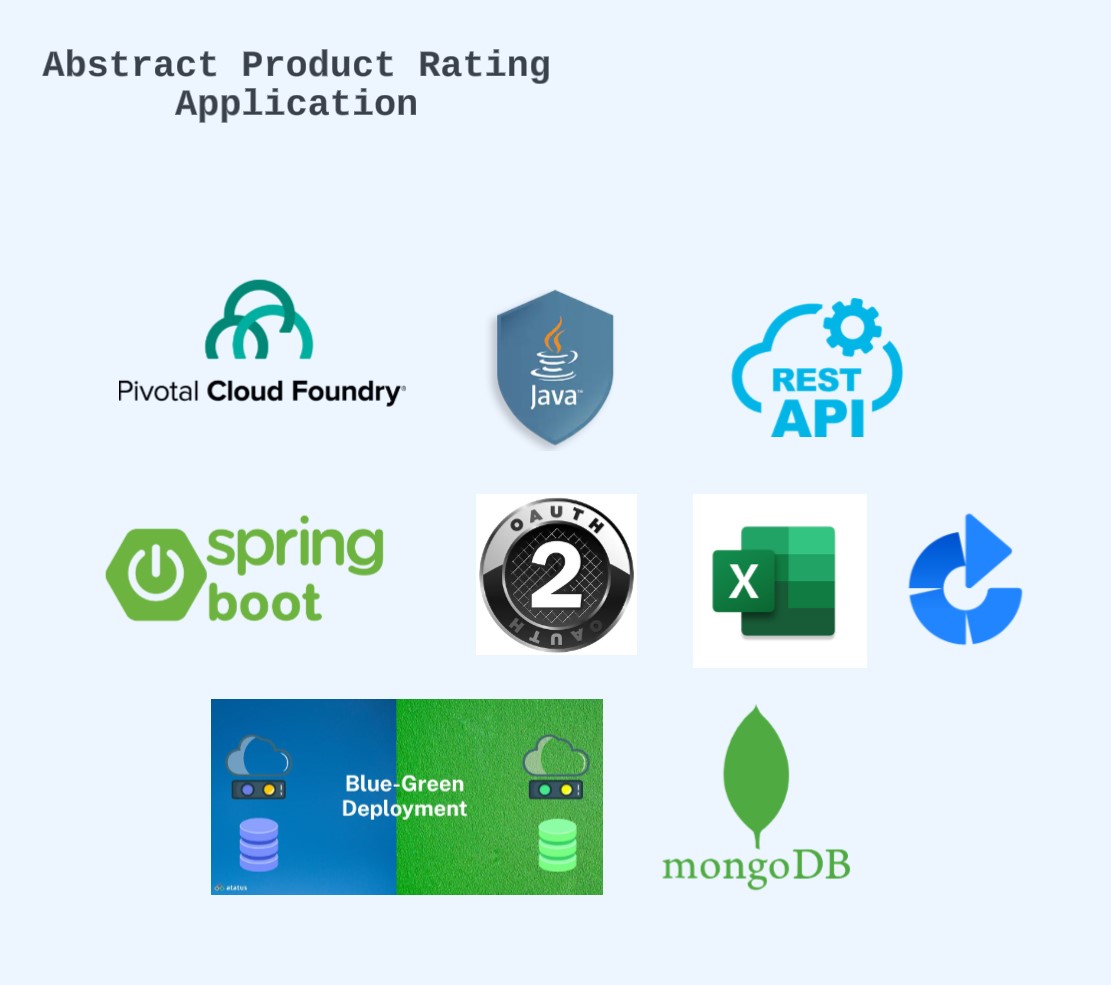
Abstract Product Framework - Rating Service - 2019-2020
- Implemented a Java Spring Boot Service hosted in PCF that exposes REST API Endpoints for requests with JSON objects to be calculated through an Excel table-based rating engine with results stored in a dedicated MySQL Database
- Implementing an Excel based solution with input and output data around REST API Endpoints allows for an underwriter developed rating engine for insurance products
- Technical Lead Role on an agile team working with Product Owners to develop a reusable microservice capable of abstracting business logic from the code and into the Excel Rating Engine to reduce developer overhead and increase organizational efficiency
Containerization for Modernization
Rather then upgrading legacy vendor products in place, analysis and proof of concept showed that moving to public cloud through containerization could save money while future proofing our applications.
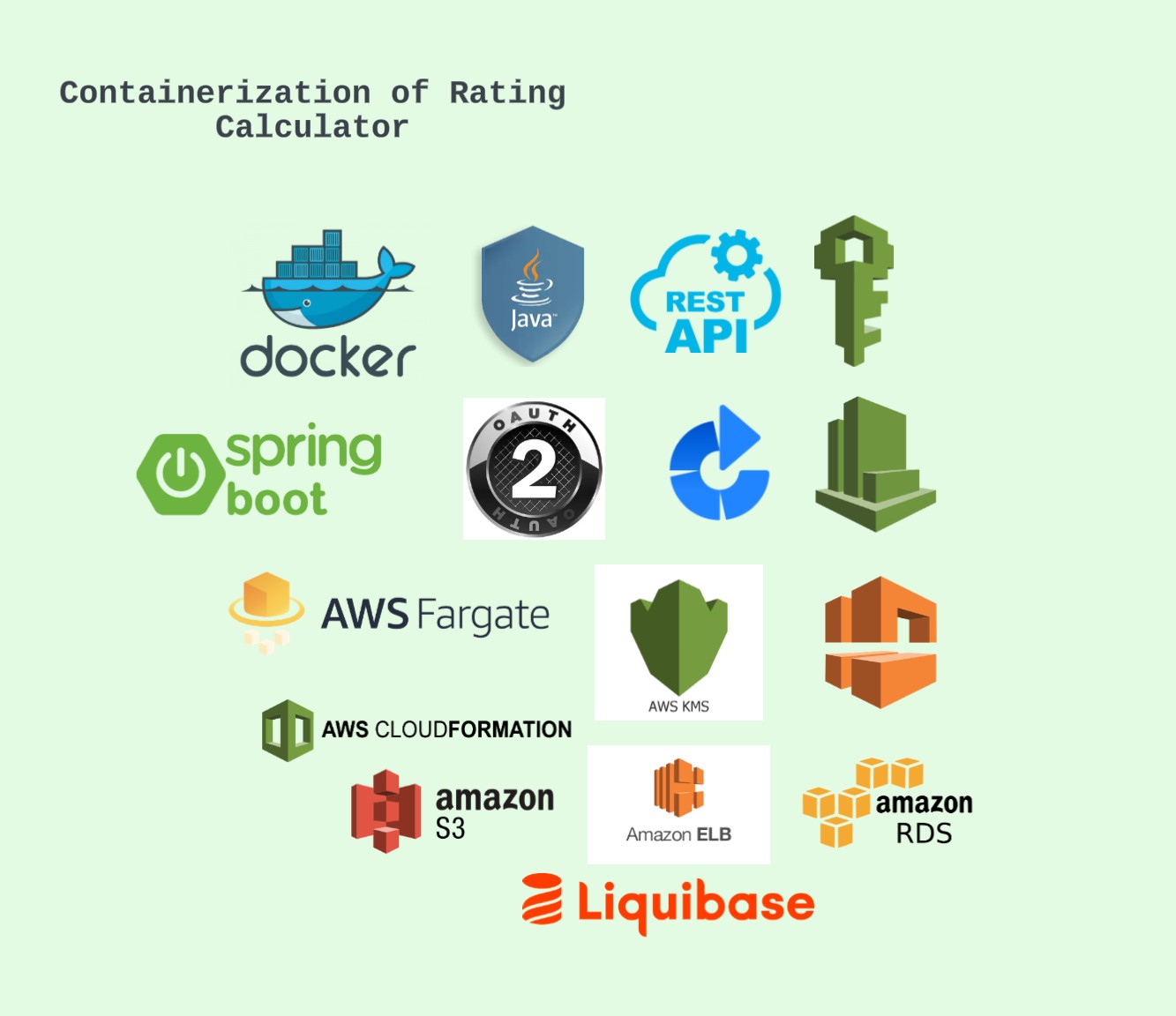
Containerization of Rating Calculator - 2021-2022
- Architected a secure public cloud design of a containerized rating calculator at a fraction of the cost of implementing in place while abstracting the rating requestor, allowing for future use across entire portfolio
- Implementing the CGI Calculator within a Docker container, using CloudFormation Templates a Fargate instance was Deployed into ECS with ELBs, VPCs, RDS Calculator Database Solution, Liquibase Database Loads, secured with IAM Roles, Boundaries, using KMS for Encryption, S3 Storage Solutions for calculator results, and CloudWatch for Monitoring/Alerting
- Engineering complex requirements while quickly failing forward, CI/CD Practices utilizing tools such as GitHub, Bamboo, and JIRA were used to consistently deploy the architecture as code and test the application at scale
Containerization of IBM WebSphere Application - 2018-2019
- Implementation of large scale on-premises IBM WebSphere Application Server application (6 Application Servers) int Docker containers hosted on AWS EC2 Containers, with supporting migration of IBM DB2 onto DB2 on EC2, and IBM MQ to IBM WMQ to improve performance
- Overhauled legacy application areas (struts/spring configuration, shared libraries, JavaScript) to be cloud compliant, Log4j redirected into Splunk, with secrets injected through the Bamboo CI/CD Pipeline
- Provided Proof of Concept for implementing free technologies (ActiveMQ Solution, RabbitMQ Solution, Stored Procedure Rewrites) but was directed to use IBM Technologies to save time effort.
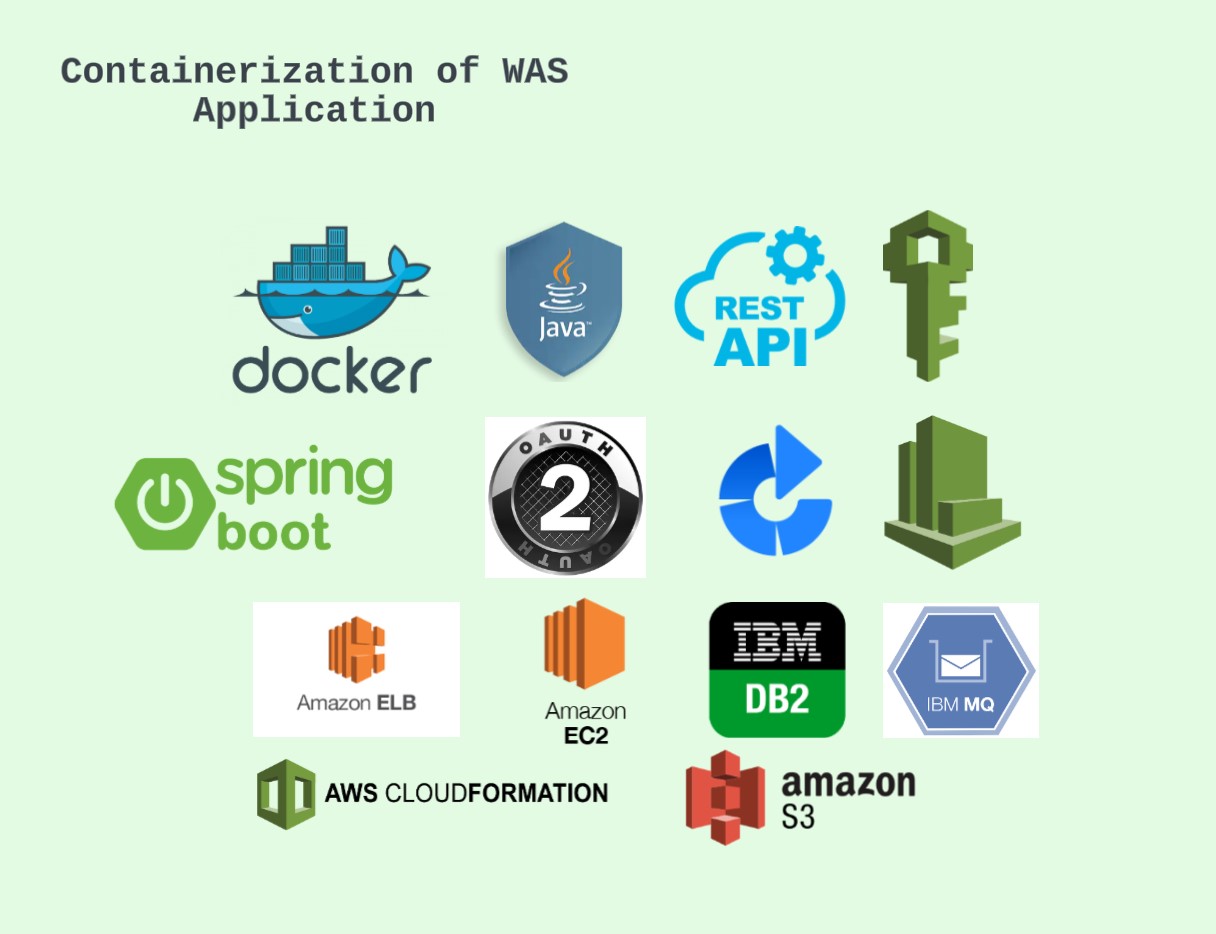
Providing Cloud-Native Solutions
Delivering cloud-native solutions can be a challenge, and I was able to leverage my decade of Fortune 100 Company experience to help Startup My Mobile Witness develop cloud-native guidelines. Within these guidelines, I also supported lead developers with See Send implementation, used to prevent crime within the state of Georgia.
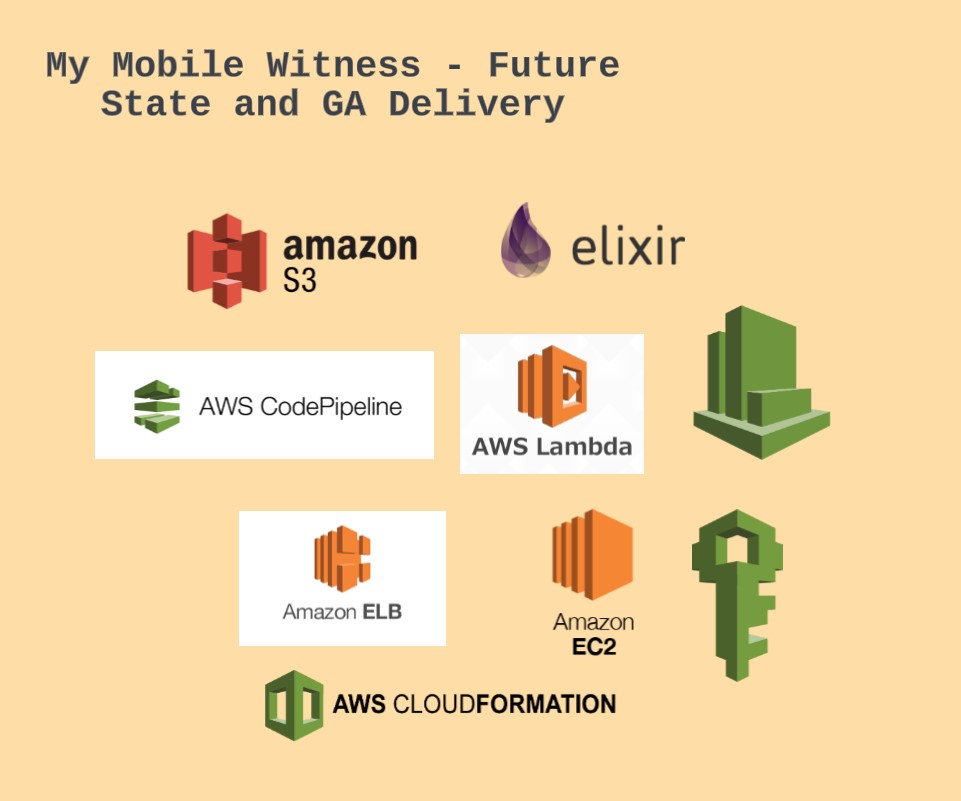
See Send Georgia Implementation - 2020-2021
- Conceptualized application future state with cloud-native design patterns using AWS Lambda, RDS, CloudWatch, and S3 – approved by the CIO, CEO, CFO, and Technical Leads
- Architected Georgia Specific solution within current design and time constraints with Technical Leads, building out an AWS CodePipeline CI/CD pipeline for the Elixir on EC2 and Apache ActiveMQ Solution
- Tech Leads are architecting within the cloud-native guidelines provided to reduce downtime, cost, and security exposure
Can I provide your organization value?
Please review my resume and reach out to my contact information below.